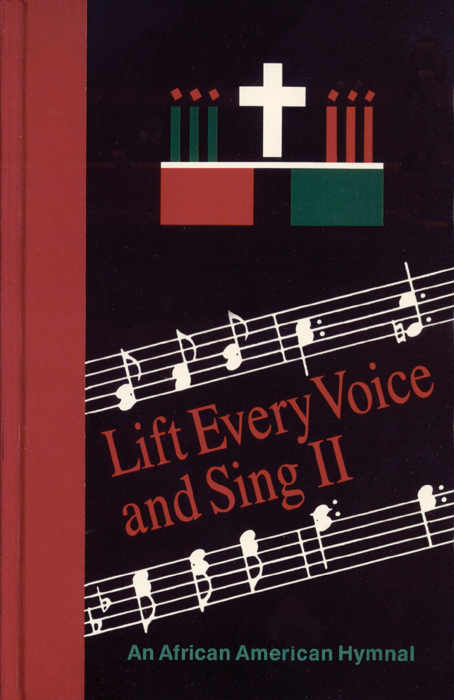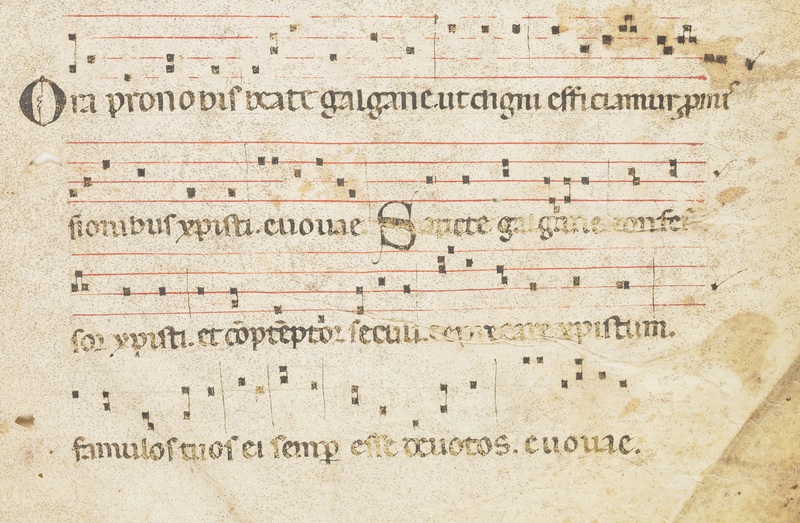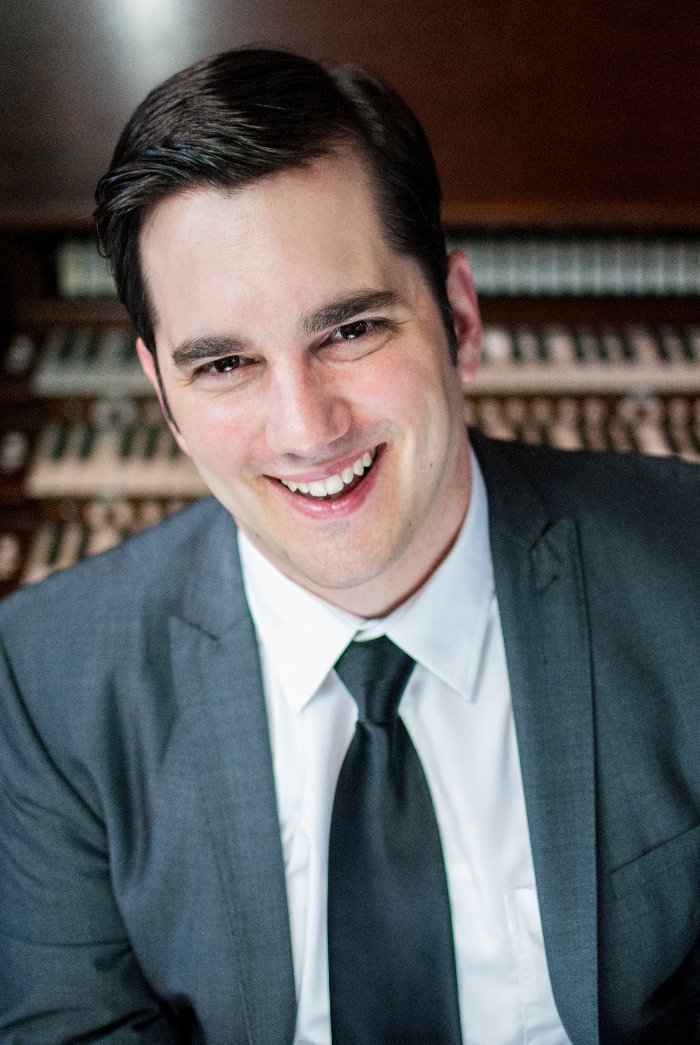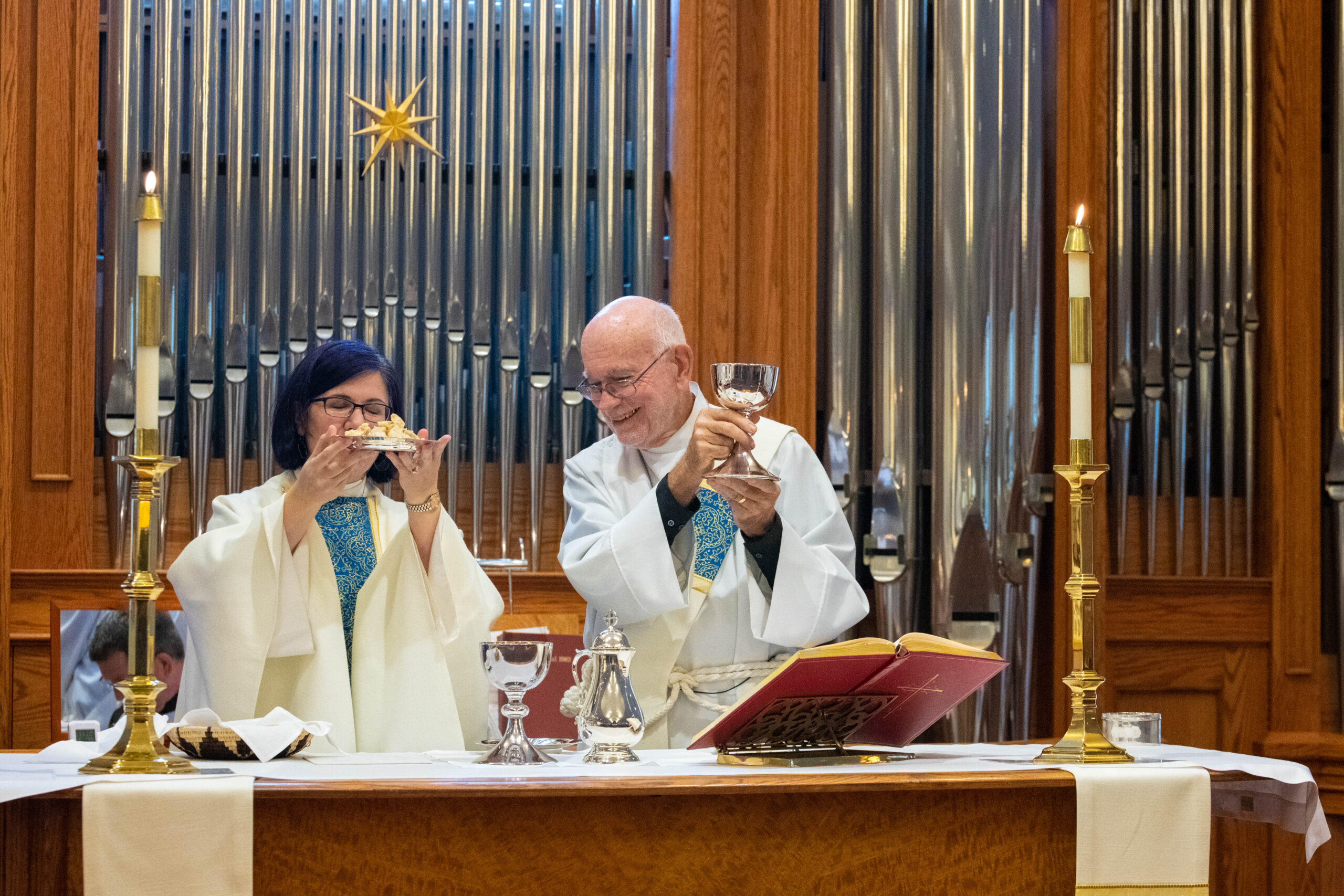Ever wonder what someone is saying at the pulpit while you are sitting in the pew at Nativity? After months of investigating ways to improve the church’s sound system for both the in-person and online Sunday morning experience, we are thrilled to announce that we are beginning an effort to fund the recommended ways to upgrade the church’s sound system.
Our fundraising goal: $11,000. We have already been blessed with $11,000 in funds to support this new sound system, and when combined with other church funds available, we can achieve our goal by raising another $11,000, to match the generous support already provided.
How can you participate? It’s as easy as Give, Get, Go!
GIVE
Our goal is 100% participation from our parishioners, since this upgrade will benefit 100% of our congregation. Every gift helps—no matter the amount. There are several ways to contribute to this effort:
- To make your donation online, go to the online donations page on our website. (This is the same link as the QR Code on the back of your church bulletin). Please note that you must identify your donation as follows: “Nave Sound System (22724)”.
- By check: write “Nave Sound System (22724)” on the memo line of your check.
- By Venmo: write “Nave Sound System (22724)” in the “What’s it for?” field.
- By PayPal: select “Nave Sound System” in the drop-down box as “the fund you want to donate to”.
GET
Donate to our silent auction. 100% of the proceeds will go to the new sound system. These can include services, restaurant gift cards, tickets to sporting events, weekend home access, etc. We will collect auction items at the church (on August 15 and September 15) and then create an online auction site for bidding.
GO
After making your donation, please plan to join us on Saturday, October 14 for a fun night of fundraising and fellowship as we conclude the silent auction and celebrate our new sound system with a wine and cheese gathering.
Our planning committee will need more help to make this effort a smashing success. We will have different volunteer opportunities to help us make this a success, such as (1) collecting donations for the auction, (2) packaging donated items for the auction, (3) contributing food/drinks for the October 14 event, and (4) helping with setup on the day of the event.
We will announce the kickoff of this effort at both church services on Sunday, June 4. After the 10:30 am service, we will have a Sunset Slush Truck. As we move forward, we will have additional updates and testimonials from members of the congregation who are excited about this project. Please stay tuned for updates as we get closer to the dates referenced above.




